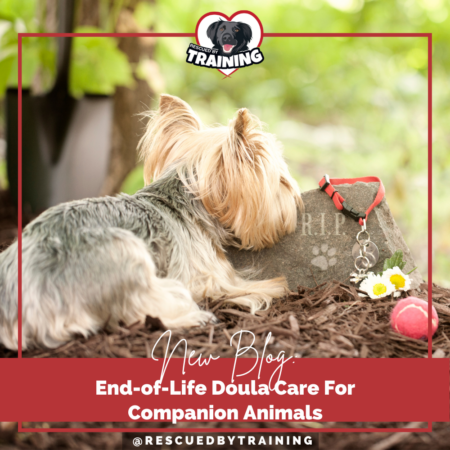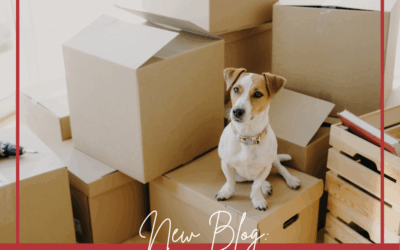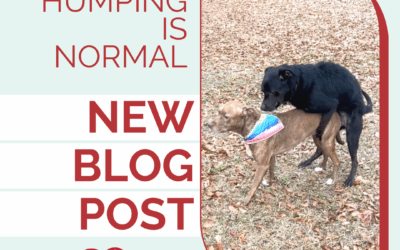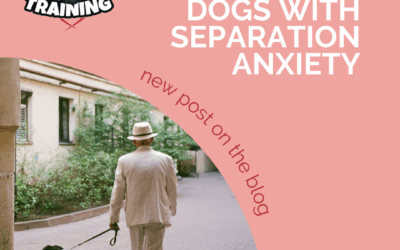Companion animals are family for me, as they likely are to you. And thinking about or dealing with their loss is often a topic that just isn’t talked about. And as a society, we tend not honor pet loss with the same gravity as losing a human. Or we do for a very short time, maybe a matter of weeks, and then we expect the person to just “get over it.” But for many of us, we share a deeper bond with them than many humans. We see them more than we see most of our family or friends. We care for and provide every need they have, without speaking the same language. We touch them every day. This kind of bond rivals the parent/infant relationship in its closeness.
When a beloved companion animal is nearing end-of-life, the anxiety, stress and the demands of caregiving can easily become overwhelming, resulting in guilt, depression, fear, self-denial and emotional burnout. We recently marked the one year anniversary of saying goodbye to our Mr. Barbo, I’ve had time to think about his life, what I wish we had done differently, grieve and reflect on the impact of losing him and his legacy moving forward.
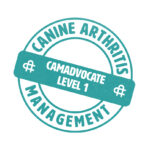 After he passed last August, I completed an important continuing education course, Canine Arthritis Management, Level 1 and got certified as a CAMAdvocate and now use that important education to help clients recognize signs of pain, provide tools to help track changes and navigate what to communicate to their vet to help with diagnosis and treatment. I have written about the link between Behavior and Physical Health, but it’s important to help clients understand that pain and anxiety or behavior issues are connected. I’ve had numerous clients where pain, GI upset, allergies, anal gland issues or other undiagnosed things were at play and we needed to get those addressed before we could make progress on the behavior side of things.
After he passed last August, I completed an important continuing education course, Canine Arthritis Management, Level 1 and got certified as a CAMAdvocate and now use that important education to help clients recognize signs of pain, provide tools to help track changes and navigate what to communicate to their vet to help with diagnosis and treatment. I have written about the link between Behavior and Physical Health, but it’s important to help clients understand that pain and anxiety or behavior issues are connected. I’ve had numerous clients where pain, GI upset, allergies, anal gland issues or other undiagnosed things were at play and we needed to get those addressed before we could make progress on the behavior side of things.
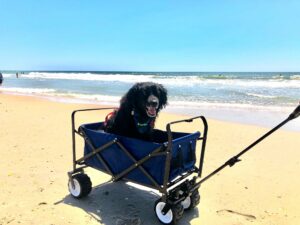 Barbo, like so many dogs, suffered from osteoarthritis (among other things). The last year of his life, his mobility was significantly decreased, to the point where we got him a wagon (the Adventure Cart, we called it) so we could still take him on walks and on outings like we always had. During my CAM course I was blown away by learning that osteoarthritis is one of the leading causes of elective euthanasia and that despite people thinking of arthritis as an ailment of old dogs that 35% of dogs over the age of 1 year have arthritis and that number jumps to 80% of dogs over the age of 8.
Barbo, like so many dogs, suffered from osteoarthritis (among other things). The last year of his life, his mobility was significantly decreased, to the point where we got him a wagon (the Adventure Cart, we called it) so we could still take him on walks and on outings like we always had. During my CAM course I was blown away by learning that osteoarthritis is one of the leading causes of elective euthanasia and that despite people thinking of arthritis as an ailment of old dogs that 35% of dogs over the age of 1 year have arthritis and that number jumps to 80% of dogs over the age of 8.
BooBoo, who is almost 15, has lived with hip dysplasia her whole life but CAM helped me learn important environment changes to make and what data is important to track and document to help our vet understand what’s going on.
Enter my latest continuing education accreditation. I am now a certified End-of-Life Doula specializing in companion animals. The timing of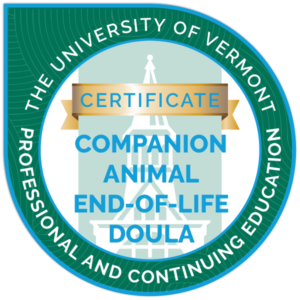 this is so meaningful to me as we just marked the one year anniversary of Barbo’s passing. This, along with my experiences with pet loss, both personally and with helping clients navigate loss, make me uniquely qualified to help you when the time comes. I wanted to add this certificate especially to help my clients who may be struggling with behavioral euthanasia or those dealing with rehoming or surrendering, as that is also a loss with a grieving process that many do not respect or understand.
this is so meaningful to me as we just marked the one year anniversary of Barbo’s passing. This, along with my experiences with pet loss, both personally and with helping clients navigate loss, make me uniquely qualified to help you when the time comes. I wanted to add this certificate especially to help my clients who may be struggling with behavioral euthanasia or those dealing with rehoming or surrendering, as that is also a loss with a grieving process that many do not respect or understand.
Addressing the challenges of the golden years, living with and protecting senior dogs is so important. Not only can I help you develop an enrichment plan, training for medical tasks or other senior specific needs but now I can also help guide you through the loss process, from planning, memorializing, honoring and grieving. Whether your loss results from normal aging, an unexpected medical condition, an accident, behavioral euthanasia or any other reason. I can help support you through this because I understand what you’re going through.
“Until one has loved an animal, a part of one’s soul remains unawakened.”
― Anatole France
What does a companion animal end of life doula do?
- Supports you with unwavering emotional reassurance from someone who understands
- Helps navigate anticipatory grief
- Objectively reviews quality of life resources
- Helps explore options for palliative or hospice care
- Complements the palliative/hospice care provided by veterinarians
- Navigates euthanasia options and preparation with you and your veterinarian
- Assists with celebration of life tributes – before and/or after your pet passes
- Helps plan an end-of-life experience list for you and your animal
- Researches burial and/or cremation options
- Discusses ideas for physical memorials, vigils and/or tributes
- Provides emotional support in a safe, non-judgmental space with someone fully present throughout your bereavement process
- Ensures a support network is in place and identifies gaps or the need for additional resources
My goal is to support people throughout this difficult and inevitable journey, with a priority in honoring and memorializing the everlasting bond between my client and their beloved companion.
If you need support, please schedule a session with me here. I am not a licensed therapist, counselor or veterinarian and can only provide non-medical support. And, don’t forget to check out my Grief Resources post here.
Love to all the caretakers. I know you’re doing the best you can.
![]()

